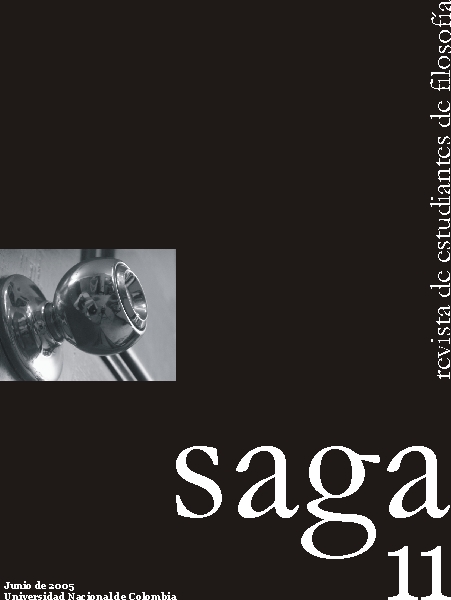Voluntad y Akrasia
Will and Akrasia
Palabras clave:
Aristóteles, akrasia, voluntad, disposición de carácter moral, silogismo práctico. (es)Descargas
In chapters 1-10 of book VII of the Nicomachean Ethics, the investigation is carried out about states or dispositions of moral character that differ from virtue and vice and are located between both. Contrary to the Platonic position, Aristotle defends the possibility of a disposition in which the possession of the knowledge of what is correct by an agent does not imply the correct action. The dissociation of knowledge and practice raises two questions to answer to justify akrasia: (i) what kind of knowledge does the incontinent person have that allows him to act differently from what he knows?; (ii) how can the incontinent act against his knowledge? This text will deal with both questions, making, first, a characterization of akrasia, highlighting the role of the possible answer to the epistemological question –(i)– and then exposing the reasons that lead to the need for the existence of akrasia. a practical trait in incontinence, namely the will.

















